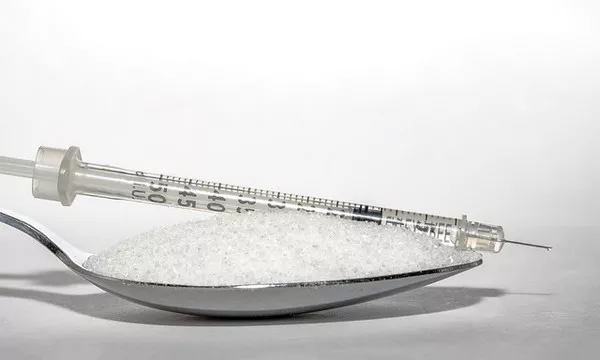New research indicates that individuals who prefer staying up late, known as “night owls,” face nearly a 50% increased risk of developing Type 2 diabetes compared to those who go to bed earlier. The study suggests that this heightened risk is associated with late bedtimes and could be linked to unhealthy lifestyle habits commonly observed in night owls.
Jeroen van der Velde, a researcher at Leiden University Medical Centre in the Netherlands, led the study, which explored the connections between sleep patterns, diabetes risk, and body fat distribution. The study analyzed data from over 5,000 participants enrolled in the Netherlands Epidemiology of Obesity study, with results showing that night owls—those with a late chronotype—are significantly more likely to develop Type 2 diabetes.
Participants were divided into three groups based on their sleep patterns: early chronotypes (those who go to bed early), late chronotypes (those who stay up late), and intermediate chronotypes (those with mid-range bedtimes). Over a nearly seven-year period, 225 participants were diagnosed with Type 2 diabetes. After adjusting for factors such as age, sex, body mass index, and lifestyle habits, researchers found that late chronotypes had a 46% higher risk of developing diabetes compared to those with intermediate chronotypes.
Van der Velde suggested that while lifestyle factors like diet and physical activity contribute to this increased risk, they do not fully explain the connection between a late chronotype and diabetes. He proposed that disruptions to the circadian rhythm—our internal biological clock—might play a significant role. This misalignment between the body’s natural rhythm and societal schedules could lead to metabolic disturbances, ultimately increasing diabetes risk.
Interestingly, the study found that early chronotypes had a slightly higher risk of diabetes compared to intermediate chronotypes, though this difference was not statistically significant. The research also revealed that night owls generally had higher body mass indices, larger waist circumferences, and increased amounts of visceral and liver fat compared to those with intermediate sleep patterns.
Van der Velde emphasized the need for further research to determine whether adjusting lifestyle habits, such as meal timing, could improve metabolic health for night owls. He suggested that reducing evening eating could potentially mitigate some of the risks associated with a late chronotype, though evidence on this is still emerging.
Dr. Mitchell Roslin, chief of bariatric and metabolic surgery at Northern Westchester Hospital and Lenox Hill Hospital, who was not involved in the study, noted that poor sleep habits are often linked to higher stress levels and weight gain, which further exacerbate the risk of diabetes and other health issues.
The findings, which will be presented at the European Association for the Study of Diabetes annual meeting, align with recent research suggesting that while night owls might experience cognitive benefits, they could also face greater challenges related to metabolic health.
Related topics:
Dark Chocolate May Reduce Risks of Diabetes and Obesity, Study Finds
FDA Clears Embecta’s Innovative Insulin-Delivery System for Type 1 and Type 2 Diabetes
Comprehensive Diabetes Management Requires Multifaceted Approach



























